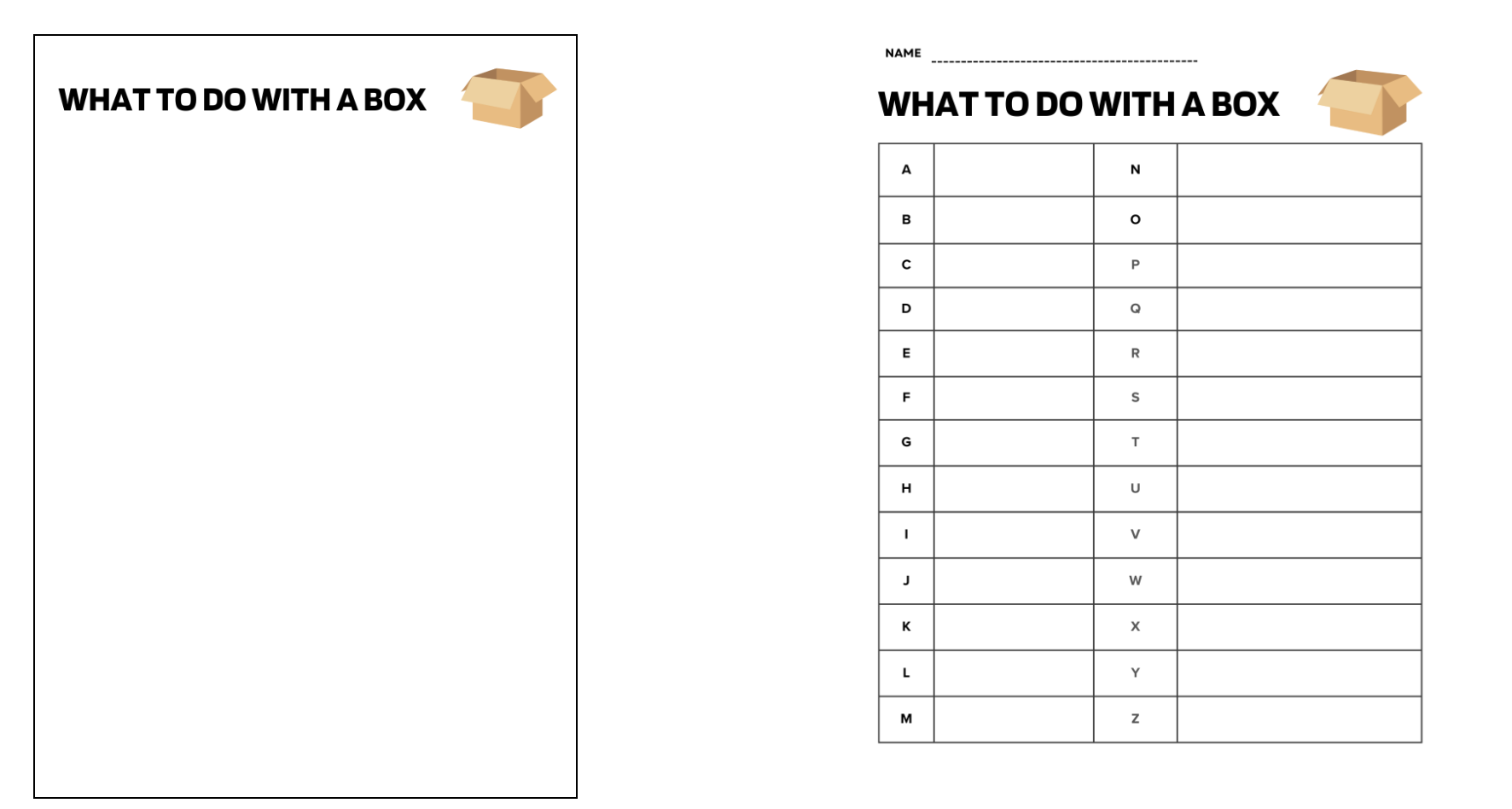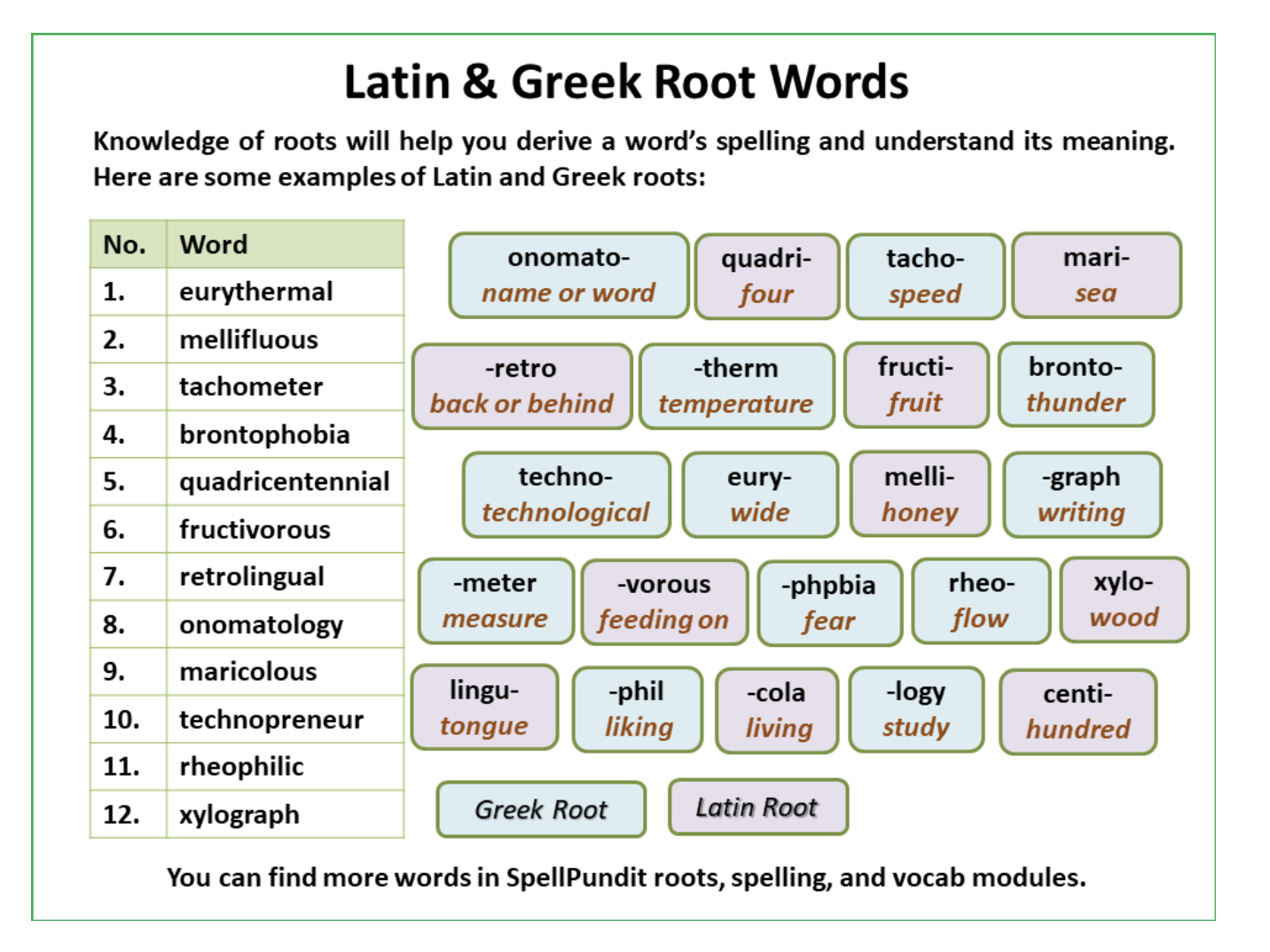The dodo was discovered by Dutch soldiers on an island in the Indian Ocean around 1600. It became extinct less than 80 years later due to deforestation, hunting, and the destruction of their nests by animals introduced to the island by the Dutch.
Spark your thinking!
1. Set up your science mini spark recording page: #18: Dodo Discovery
2. Watch this video. Record 8 details on your recording page.
3. On our recording g page, choosed two questions to answer. Please use 3-5 thoughtful sentences for each one.
- Describe the origin of dodos as explained in the video.
- How did dodos adapt to their environment on the island of Mauritius?
- Discuss the factors that contributed to the downfall of dodos.
- How did human activities, such as the arrival of Dutch sailors, impact the dodo population?
- In what ways did the dodo prove to be a survivor on its island home before facing extinction?
- How did the introduction of invasive species contribute to the decline of dodos and other Mauritian animals?
- Reflecting on the extinction of the dodo, what larger lesson can be learned about human impact on wildlife?
4. Take a trip to visit Google arts and Culture and learn more about the dodo. Scroll down slowly and read all of the information. There is so much to learn. Record your 3 favorite ideas on your recording sheet.
5. Share your science mini spark recording page with your teacher/EY coordinator.

 Across the Pacific, myths and legends are passed down through oral tradition. The myth of Dakuwaqa is deeply rooted in Fijian culture and serves as a reminder of the interconnectedness between humans and the natural world, as well as the consequences of greed and disrespect for the environment.
Across the Pacific, myths and legends are passed down through oral tradition. The myth of Dakuwaqa is deeply rooted in Fijian culture and serves as a reminder of the interconnectedness between humans and the natural world, as well as the consequences of greed and disrespect for the environment.




 Snowflakes can vary significantly in size and shape, often influenced by atmospheric conditions as they form. Each snowflake is unique, showcasing a fascinating array of structures due to the intricate process of crystallization that occurs as water vapor freezes in the atmosphere.
Snowflakes can vary significantly in size and shape, often influenced by atmospheric conditions as they form. Each snowflake is unique, showcasing a fascinating array of structures due to the intricate process of crystallization that occurs as water vapor freezes in the atmosphere.
 Learn about the Amazon Rainforest and how the Wampís Nation has been protecting the forest and the largest river in the world.
Learn about the Amazon Rainforest and how the Wampís Nation has been protecting the forest and the largest river in the world.  Trees help clean the air. Trees produce the pure oxygen we breathe, and remove air pollution by lowering air temperature, through respiration and by retaining particulates, but can it be bad to plant a tree?
Trees help clean the air. Trees produce the pure oxygen we breathe, and remove air pollution by lowering air temperature, through respiration and by retaining particulates, but can it be bad to plant a tree? It is helpful to be able to recognize and understand adages and proverbs in the stories you are reading.
It is helpful to be able to recognize and understand adages and proverbs in the stories you are reading.



 Learning Greek and Latin roots can help your understand English better, improve your vocabulary, and learn how to read and spell new words.
Learning Greek and Latin roots can help your understand English better, improve your vocabulary, and learn how to read and spell new words. 4. Make flash cards for each of the pink and blue buttons. On one side put the root and the other side put the meaning. Study the cards. 5 times.
4. Make flash cards for each of the pink and blue buttons. On one side put the root and the other side put the meaning. Study the cards. 5 times.